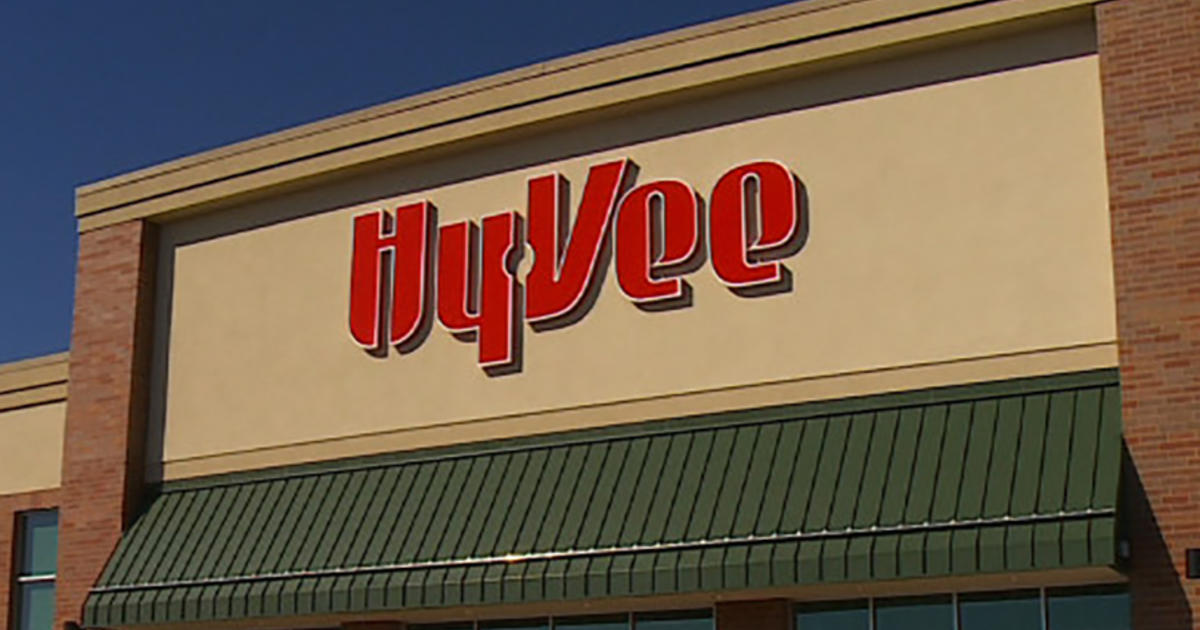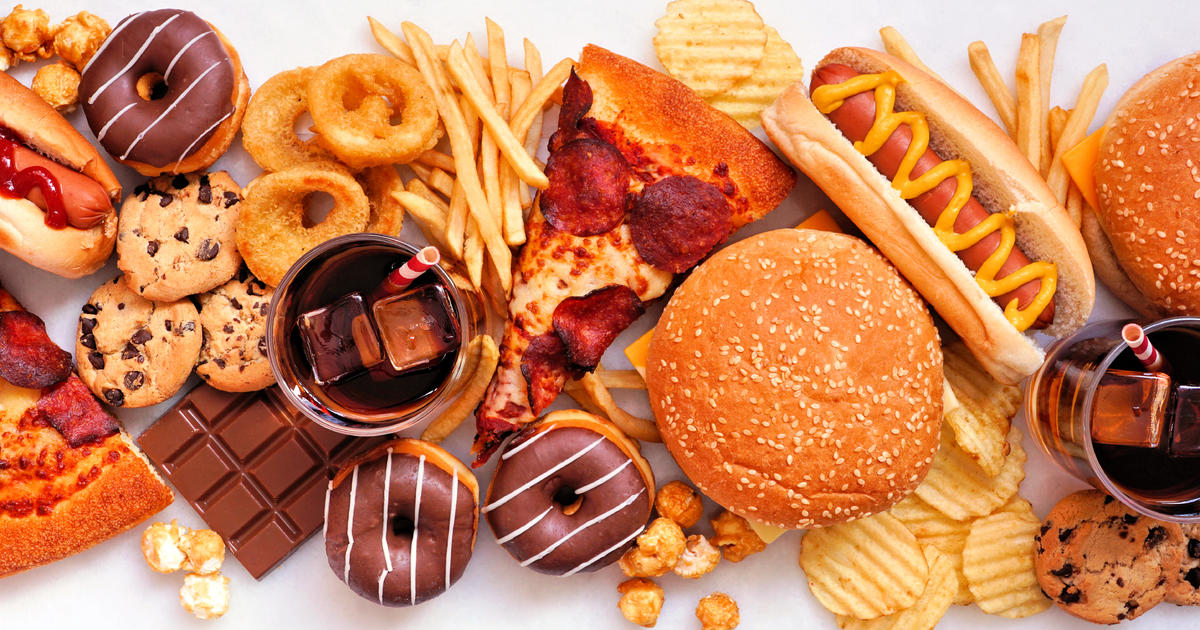Papayas from Mexico linked to salmonella outbreak in U.S.
- Consumers in Connecticut, Massachusetts, New Jersey, New York, Pennsylvania and Rhode Island are being urged not to eat fresh papaya from Mexico.
- The U.S. Centers for Disease Control has issued a public safety alert after 62 people in eight states were infected with salmonella after eating the imported fruit. Nearly 40% of them were admitted to local hospitals.
- Most papaya imported into the U.S. comes from Mexico, and safety officials and regulators are still trying to pinpoint exactly where in Mexico the tainted fruit came from.
Federal health officials are warning consumers in six states not to eat fresh papaya from Mexico amid an outbreak of salmonella that has sickened more than 60 people and sent nearly 40% of them into local hospitals.
Some consumer safety watchdogs say the outbreak's high hospitalization rate suggests the fruit should be pulled from supermarket shelves and the government should consider banning imports of papayas from Mexico until the source of the salmonella outbreak is identified.
A food safety alert from the U.S. Centers for Disease Control urged consumers in Connecticut, Massachusetts, New Jersey, New York, Pennsylvania and Rhode Island not to eat fruit imported from Mexico due to the risk of food poisoning.
In addition to whole papayas, the CDC warned consumers in the six states against eating fruit salads or other food that might contain the fruit. The United States imports 97% of its papaya, with the bulk of it, or between 65% and 80%, coming from Mexico, according to U.S. Food and Drug Administration and the U.S. Department of Agriculture.
Sixty-two people residing in those states, along with Texas and Florida, have been infected by salmonella, with 23 hospitalized, the CDC said. The illnesses started in January and continued through June 8, with most occurring since April, according to the CDC.
Most people infected with salmonella develop diarrhea, fever, and stomach cramps between 12 and 72 hours after eating contaminated food, and are ill between four days and a week. The bacteria is most prevalent in the summer, when warmer weather and unrefrigerated foods create an ideal environment for salmonella to grow.
Potentially tainted papayas were sold at select Walmart and Sam's Club stores, the retailer said on its website, which linked to an FDA alert.
FDA import protections "clearly not working"
Another salmonella outbreak in 2017 related to papayas from Mexico sickened 220 people in 23 states and caused one death. An earlier papaya-linked outbreak, in 2011, sickened more than 100 people.
The CDC said it's working with the FDA to identify the brand names and farms that produced papayas tainted with the bacteria. The FDA requires imported papayas to be be tested for salmonella, unless the importer appears on a list of trusted importers.
But the current outbreak illustrates the FDA's import protections "are clearly not working," Sarah Sorscher, director of regulatory affairs at the Center for Science in the Public Interest, said in a statement. Instead of relaying on third-party testing, the agency should inspect the farms where the fruits are grown to ensure they meet food safety standards, she said. If that's not feasible, the FDA should consider banning imports of the fruit, she added.
"This is still a developing investigation and the FDA's traceback information has currently narrowed down the origin of the papayas to Mexico; we are trying to determine specifically where the papayas came from," a spokesperson for the FDA emailed on Tuesday. "We will continue to update the public as we learn more about this investigation."
Adam Garber, consumer watchdog at U.S. PIRG, said the outbreak's high hospitalization rate of 37% shows that it's an especially virulent strain of salmonella.
"No fruit is so delicious that it's worth ending up in the hospital. The high hospitalization rate reminds us again that a simple snack can result in a life-threatening illness," Garber said in an emailed statement. "Until we find out the source of the contamination, we urge grocery stores to pull papayas off the shelves and restaurants to stop serving food with them in it. That will help ensure people who don't hear this warning stay safe."
Alternative sources include Guatemala and Brazil
Brooks Tropicals, a Homestead, Florida, company that distributes papayas from two other Latin American countries posted a declaration on its website that its papayas were not involved in the CDC warning.
"Our Caribbean Reds are grown in Guatemala and our Solos in Brazil," the company stated, referencing two varieties of the fruit.




